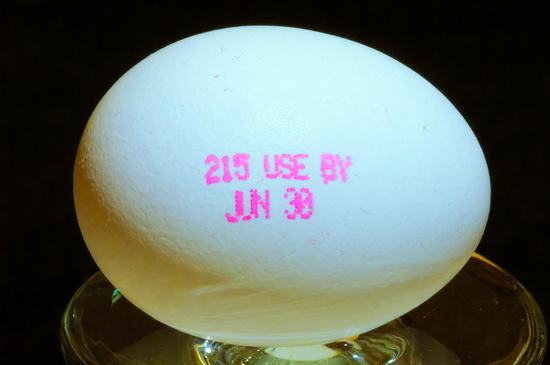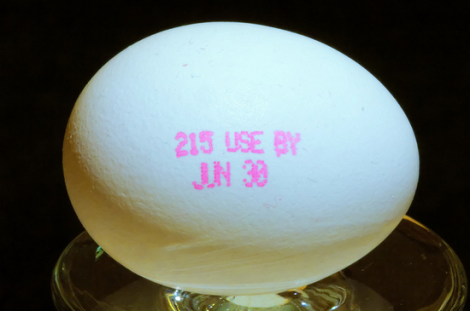Doug Rauch, the former CEO of Trader Joe’s (not to be confused with Carlos Santana’s bassist of the same name), has a really good idea for the expired or nearly expired food supermarkets throw out every single day. He wants to open a supermarket in a poor neighborhood and sell the expired food there. He’d theoretically like to open several such outfits, but at present, his plans involve a 10,000-square-foot store in Boston’s lower-income Dorchester neighborhood.
What a mensch.
After all, if this food is perfectly good — not so good that people who can afford better will eat it, but still entirely edible — it might as well find a home. And that home might as well be in a poor neighborhood, which may have historically had trouble attracting a conventional supermarket. But this supermarket has a business model that might actually work, because it’s a business model where you sell stuff no one else wants anyway!
OK, not to be a total commie douche. Supermarkets do throw out a lot of food, somewhere around $2,300 a day per supermarket. And they should probably do something with it. And we already do this with clothes. So what’s the big deal if we do it with food? Is it because wearing last season’s J Brands is somewhat less horrifying, especially since sometimes they are cuter than this season’s, whereas old apples and sausages are NOT EVER cuter than new ones?
Rauch came up with this idea — it’s called the Urban Food Initiative — at Harvard University, which is a very good school (though of course no stranger to unapologetic criminality). Who the hell knows, maybe the guy is a visionary. In promoting his plan, Rauch discusses the 50 million Americans who are “food insecure” (which is not like starving but not exactly like going to Whole Foods all the time and just throwing shit in a basket and buying it) and how this will help them eat the “healthy meals” that will help tackle problems like obesity and diabetes and McFlurgencies. And the place is a nonprofit. So one guesses that Apta Capital, which brought on Rauch in 2010 “to invest in or acquire companies in the specialty retailer, packaged goods and service provider sectors” has no involvement with the Urban Food Initiative? Hmmm. Could it be that the Urban Food Initiative might become a good way for food companies that Apta Capital invests in to guard against losing profits to waste? Bears further investigation. Though for 1,000 bags of peanut butter pretzels, I could be persuaded to drop the whole thing.




